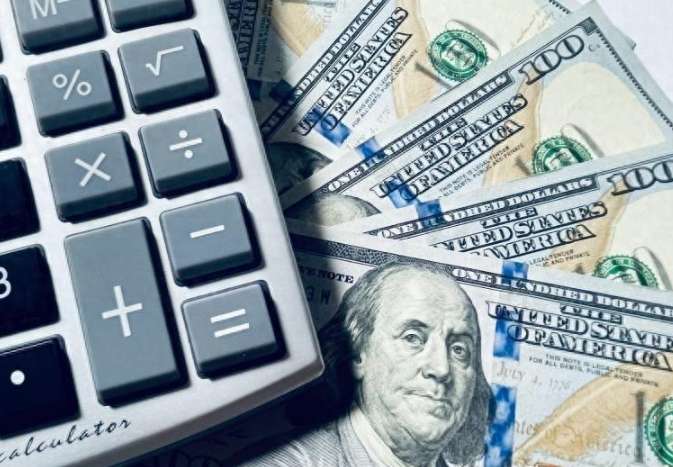France's Persistent Sectoral Divides
Advertisements
In recent weeks, the French political landscape has experienced significant turmoil as Prime Minister Élisabeth Borne's government navigates through a series of challenges posed by a lack of parliamentary majority and growing dissent from various political factions. Faced with the urgent need for structural economic reforms and a stagnant budget proposal for the upcoming fiscal year, Borne made the contentious decision to invoke Article 49.3 of the French Constitution, bypassing the National Assembly to pass the first part of the 2025 budget and social security budget. This maneuver, although ultimately successful, underscores a deeper crisis within various sectors of French society, revealing a widening schism amid escalating dissatisfaction among citizens, businesses, and local governments over the stability of the nation’s governance.
On February 3rd, as the ruling coalition found itself at a disadvantage in the National Assembly, Prime Minister Borne resorted to using Article 49.3 for the first time during her term. This constitutional provision allows the government to pass legislation without a parliamentary vote if it anticipates an adverse outcome. The primary objective of the newly passed budget is to reduce the public deficit to 5.4% of the GDP by raising taxes on affluent households and large corporations while simultaneously cutting expenditures across multiple sectors. Prior to her decision, compromises were made through mixed negotiations between the National Assembly and the Senate, demonstrating a temporary truce amid ongoing political fracturing.

The backlash against Borne's approach was immediate and intense. Members of the far-left political party, La France Insoumise, quickly tabled a motion of no confidence against the government, condemning the budget proposal as "more austere than that of the previous administration," which they claimed would inflict greater damage on France's economy. By February 5th, this motion failed to pass due to a lack of support from both the Socialist Party and the far-right National Rally, thus allowing Borne’s budget to scrape through the legislative process. Following this encounter, Borne again invoked Article 49.3 to push through essential elements of the social security budget aimed at restoring balance to the social security fund.
The opinion in France regarding the passage of the budget is fraught with caution. While Borne's maneuver is hailed as a tactical win, experts and political analysts caution against overly optimistic interpretations. The method used to secure approval illustrates not only the fragile state of executive power but also the prevailing anxieties among the populace regarding the economic downturn. The repeated invocation of Article 49.3, akin to opening 'Pandora's box,' raises concerns that the opposition will ramp up their critiques and impede further government initiatives. Such tensions could exacerbate the challenges already faced in advancing necessary reforms.
Leading French economists point to a troubling trend where each proposal incites prolonged debates, and legislative decisions deepen the divisions within the political sphere. The National Assembly is currently a mosaic of various political parties, none of which command an outright majority, leaving the ruling coalition in a precarious position. This fragmented political landscape impedes the passage of critical legislation like the budget and social security measures, necessitating the government’s reliance on constitutional measures to achieve its objectives. However, the frequent application of Article 49.3 raises serious questions concerning the health of France's democratic processes and could undermine parliamentary authority, leading to long-lasting repercussions for governance.
On the economic front, France is grappling with significant challenges, including economic stagnation and fiscal imbalances. According to statistics released by INSEE, the French National Institute of Statistics and Economic Studies, the nation’s GDP growth was anticipated to slow to a mere 1.1% in 2024, further dropping to 0.9% in 2025, with some forecasts even predicting growth as low as 0.6%. Compounding these gloomy projections is the persistent high level of public debt, which far exceeds the EU’s deficit limits, creating a complicated balancing act of cutting deficits while stimulating growth. Additionally, labor market statistics revealed a concerning increase in unemployment, particularly alarming among young adults under 25, indicating that the socioeconomic fabric is under significant strain.
Socially, the rising dissatisfaction stemming from government austerity measures and increased taxation is palpable among lower and middle-income groups. Leftist parties are clamoring for elevated minimum wage and expanded welfare benefits, while the far-right calls for tighter immigration policies and reduced contributions to the EU budget. Such diverging demands create conflicts with the government's aims of financial restructuring, fostering further discontent and alienation from the political establishment. Many observers believe that these tensions could bolster the tide of populism in France.
Despite the temporary passage of the financial legislation, French economists emphasize that this situation is precarious. The so-called 'Pandora's box' has indeed been opened, and while immediate legislative victories may be achieved through forceful means, they lack the stability that comes from widespread public endorsement and bipartisan consensus. For a true solution to emerge, there must be concerted efforts to address the structural challenges facing the country. Political factions must be willing to engage in constructive dialogue, setting aside their differences for the greater good of the nation. Only through cooperative initiatives can France navigate its current crises and forge a sustainable path forward for both its economy and society.
Leave a comments